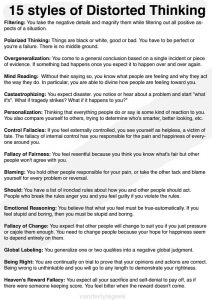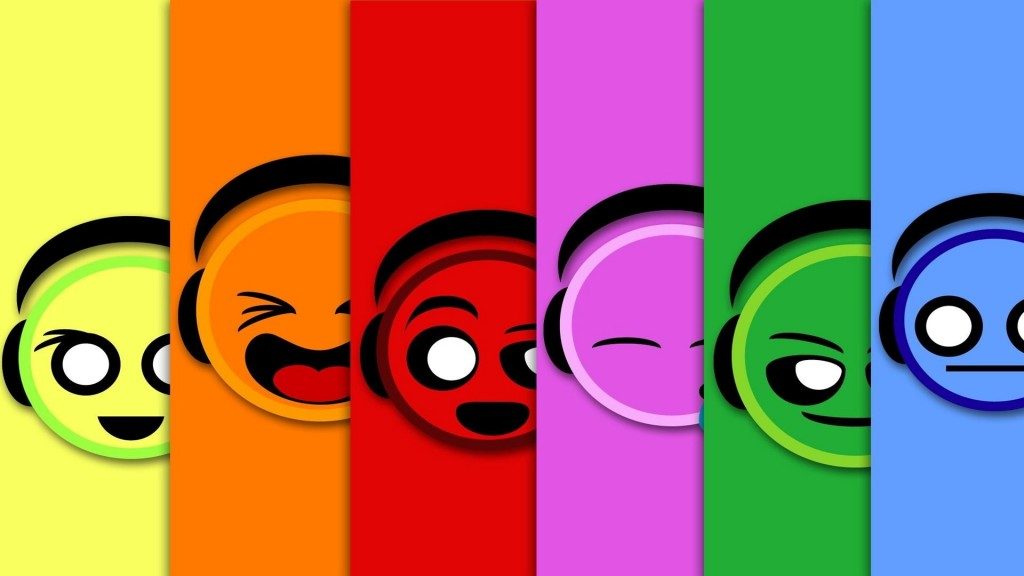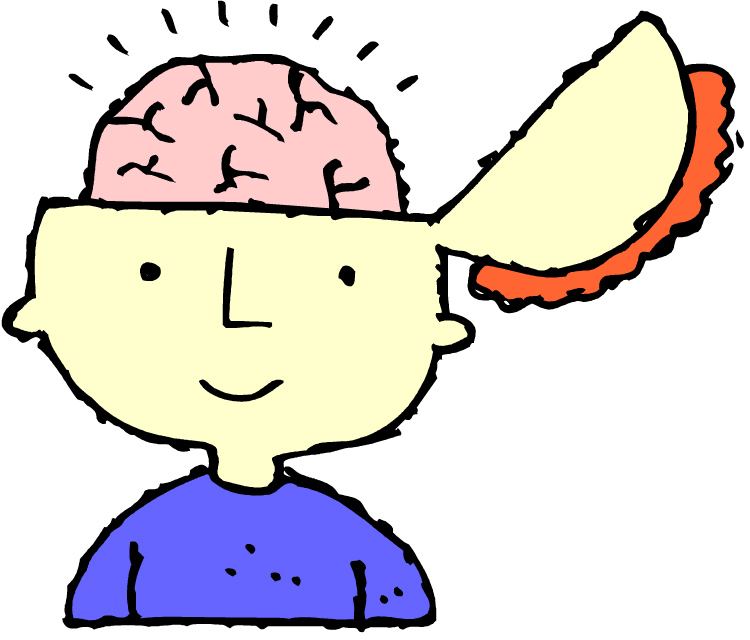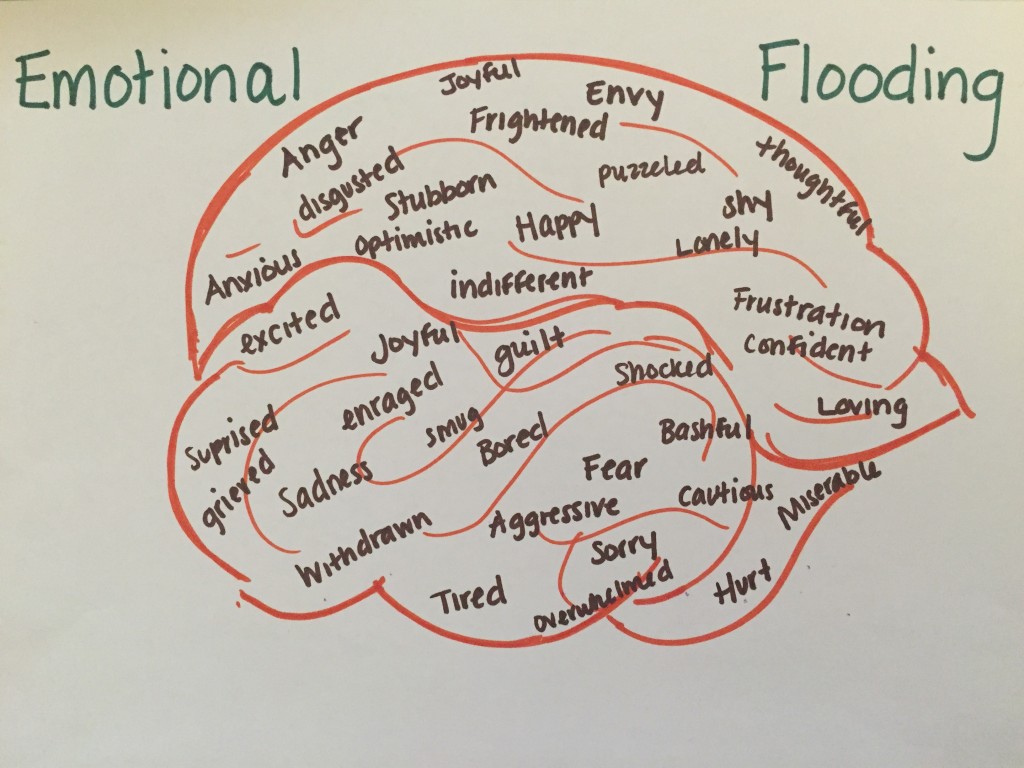Sounds like a simple question, right? The use of language is our way communicate. Language can be expressed verbally, in writing, behaviourally, and in abstract art to relay messages. Our communication style is our tone of voice in how we communicate and in conjunction with our behaviours (non-verbally with body language), but did you know there are 5 styles to communicate? The 5 styles are:
- Aggressive- violating the persons rights and needs by using anger.
- Passive- Aggressive- denying your negative feelings even though it is obvious.
- Assertive- expressing feelings and needs in a way that respects the other person’s beliefs.
- Submissive / Passive- Being unclear with how you feel and easily persuaded to take on others’ needs.
- Manipulative- Exploiting and mentally distorting with the intention to gain power and control of others’.
Identifying your style helps in how you confront issues in your life. Sometimes we have distorted ways of thinking or perceiving an event, which can influence our communication. Below is a copy of 15 styles of distorted thinking taken from Vanderlygeek:
Identifying and naming how you comprehend information is important when trying to change. Our perception is always different, but when we have negative thoughts controlling how we communicate, it impacts our relationships and quality of life.
What can you do? The use of I statements help in relaying how you feel without imposing or discrediting others. Examples of I statements are:
- I feel… sad (emotion) when you criticize my cooking.
- I feel… annoyed when you interrupt me mid sentence.







